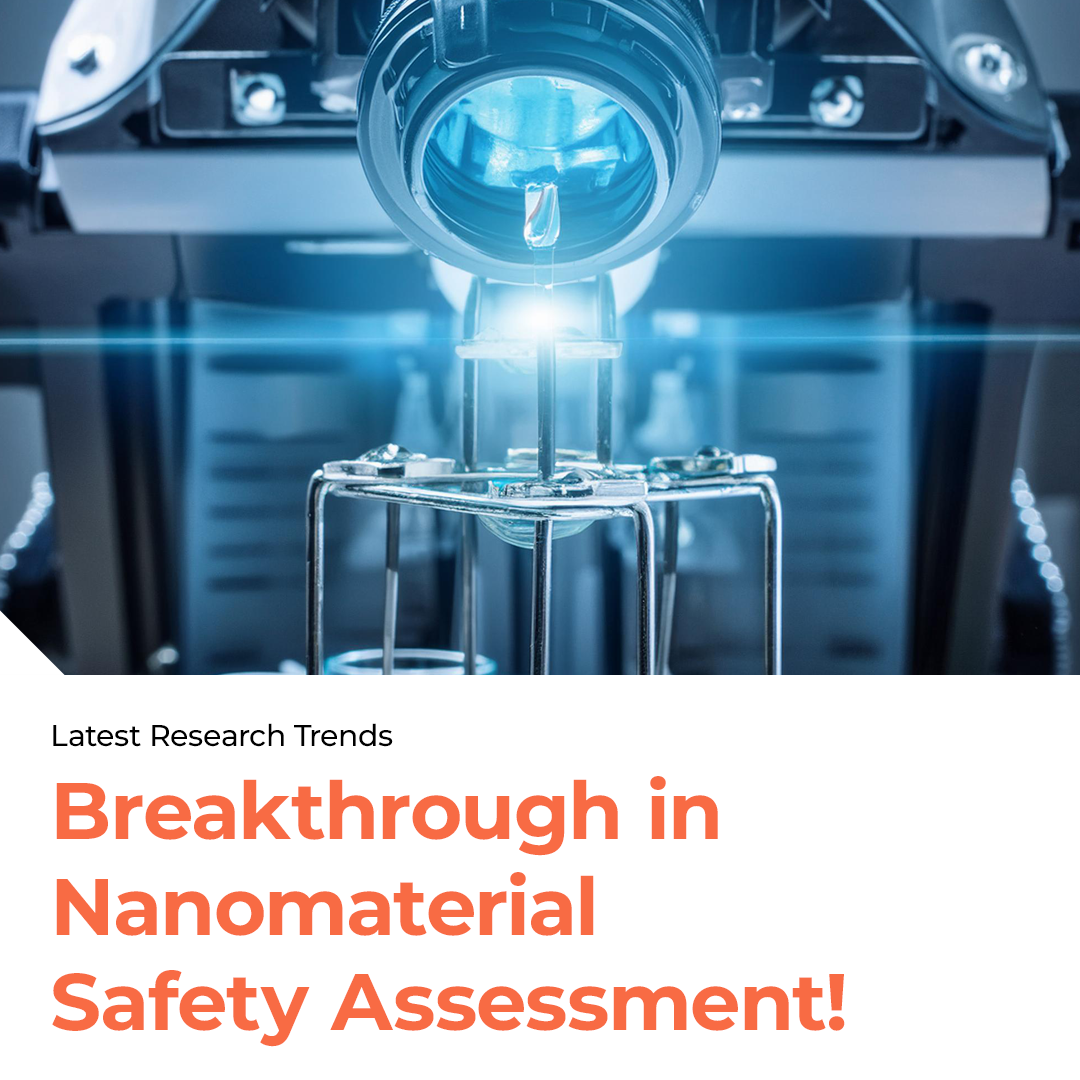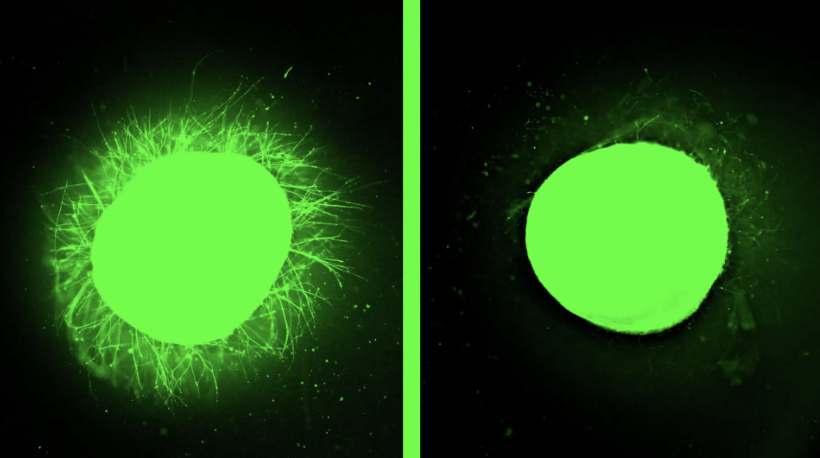Revolutionary Organoid Culture System Enhances Nanomaterial Safety Evaluation
The rapid advancement of nanotechnology has revolutionized various fields, but it has also raised significant concerns regarding the safety of nanomaterials. To address these concerns, researchers at the Korea Research Institute of Standards and Science (KRISS) have developed a groundbreaking organoid culture system that significantly improves the assessment of nanomaterial safety.
Research Overview Published in the 2024 issue of Nano Letters, this study introduces a novel three-dimensional (3D) floating organoid paradigm that overcomes the limitations of conventional organoid systems. Traditional two-dimensional (2D) cell-based assays and animal models, while useful, have limitations such as cost, ethical concerns, and a lack of reliability between in vitro and in vivo results. The new 3D floating culture system addresses these issues, providing uniform organoid sizing and better nanoparticle internalization compared to the traditional extracellular matrix (ECM)-based organoid cultures.
Key Findings
- Overcoming ECM Limitations:
- ECM acts as a barrier to nanoparticle penetration, trapping nanoparticles on the surface and preventing them from entering the organoids.
- The researchers cultured mouse liver organoids (mLOs) in ECM domes and then transitioned them to a floating culture system, significantly improving nanoparticle internalization.
- Development of the Floating Culture System:
- Organoids were isolated from the ECM dome and cultured in ultra-low attachment plates with ECM-containing media, ensuring uniform organoid size and structure.
- The optimal conditions for the floating culture system were identified, including transitioning organoids on day 3 to maintain their 3D structure.
- Enhanced Nanoparticle Internalization:
- The floating culture system showed significantly better nanoparticle internalization, as demonstrated by fluorescence microscopy and flow cytometry.
- Organoids in the floating culture system exhibited a stronger fluorescence signal from FITC-labeled polystyrene nanoparticles compared to ECM-embedded organoids.
- Reliable Cytotoxicity Assessment:
- The floating culture system enabled accurate cytotoxicity assessment of nanoparticles. Organoids exposed to zinc oxide nanoparticles (ZnO NPs) showed increased cell death and apoptosis in the floating culture, whereas ECM-embedded organoids did not show significant changes.
Significance of the Research This study presents a new standard for nanomaterial safety assessment. The floating culture organoid system promotes better nanoparticle internalization and offers a standardized approach to organoid culture, facilitating high-throughput nanosafety screening. This method ensures more reliable toxicity evaluation, advancing the safe development and use of nanomaterials in various fields.
- The floating culture system enabled accurate cytotoxicity assessment of nanoparticles. Organoids exposed to zinc oxide nanoparticles (ZnO NPs) showed increased cell death and apoptosis in the floating culture, whereas ECM-embedded organoids did not show significant changes.
Keywords: organoid, culture, ECM, nanoparticles




